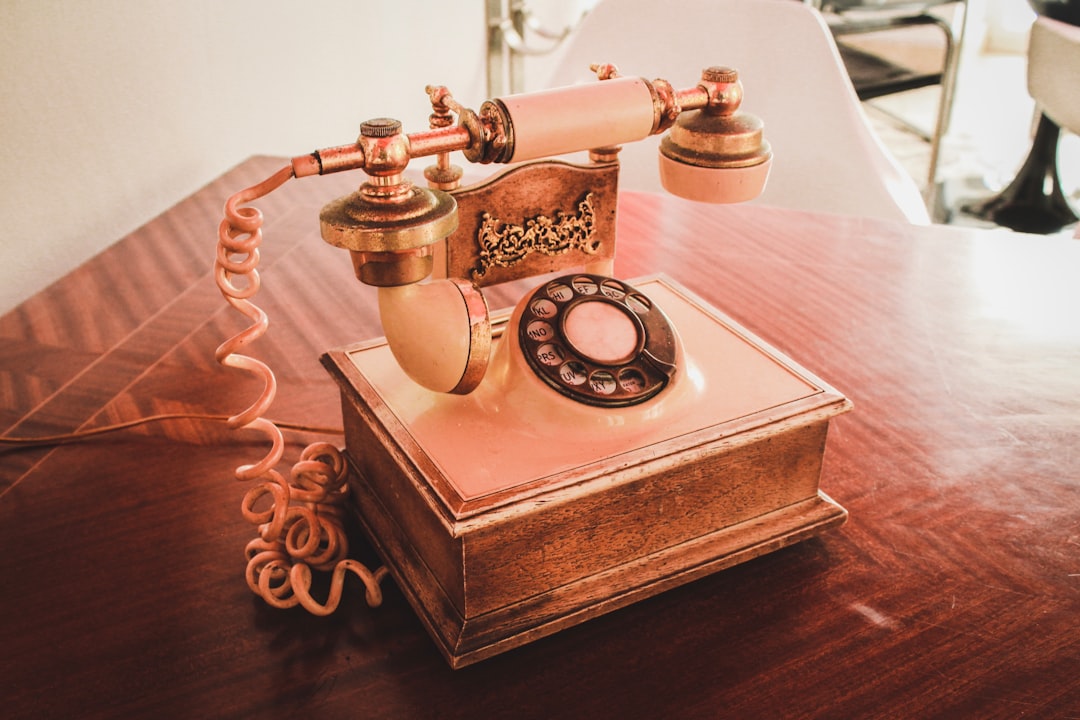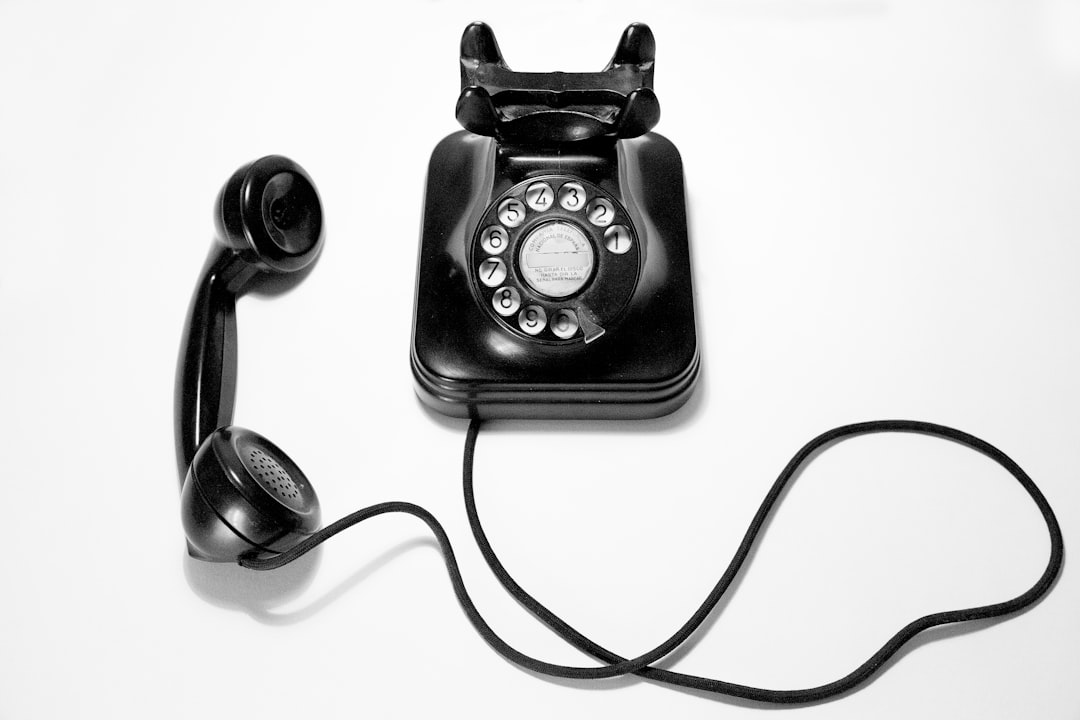Phone scams targeting Iowans are common, with scammers impersonating lawyers demanding immediate payments or claiming lottery prizes. Protect yourself by registering on the "Do Not Call" list for legal scams, verifying caller identities directly, and avoiding sharing personal information over the phone unless initiated by you. Stay informed through official channels, block suspicious numbers, and report scams to local authorities.
In the digital age, phone scams have become a pervasive threat to residents of Coralville and across Iowa. From fake warranty calls to impersonated government agencies, these manipulative tactics aim to exploit trust and vulnerability. This comprehensive guide empowers Coralville citizens with knowledge and tools to navigate these dangers. We explore common scam types targeting Iowans, teach you how to recognize red flags, offer practical tips for protection, and provide resources on seeking legal recourse if scammed. For peace of mind, remember: when it comes to “do not call” services, consult a local lawyer or law firm dedicated to consumer protection in Iowa.
Understanding Phone Scams: Common Types Targeting Iowans
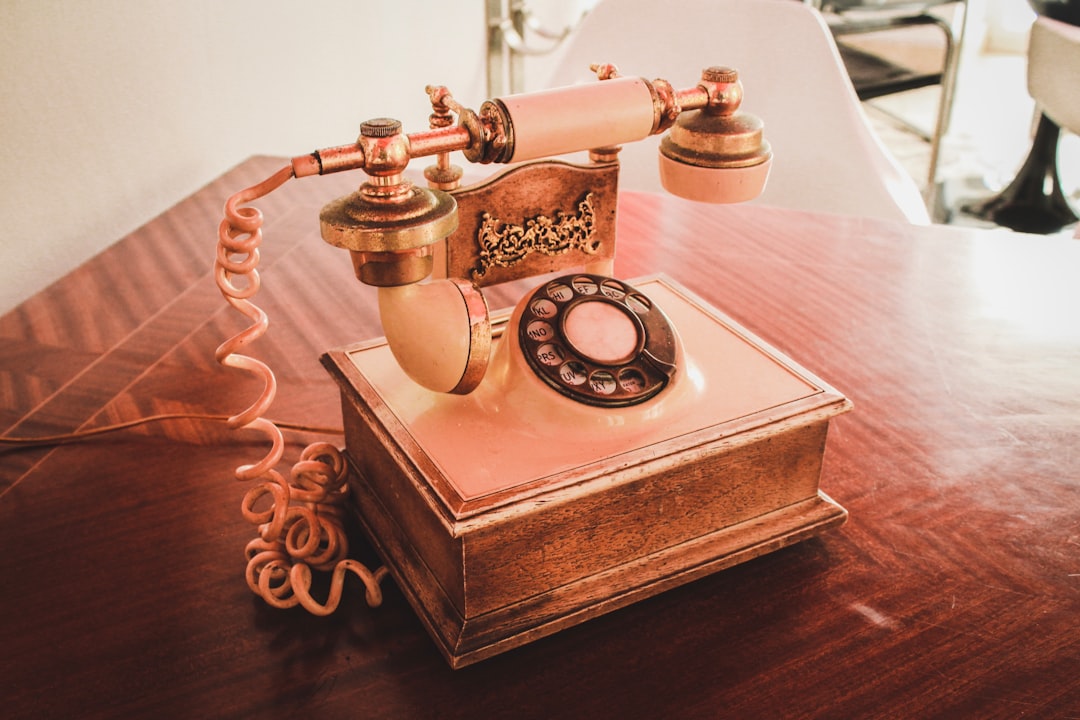
Phone scams are a prevalent issue, targeting individuals across Iowa and beyond. Iowans often find themselves vulnerable to these deceptive tactics, which can range from threatening calls claiming legal action to false promises of lottery wins or investment opportunities. Scammers use various methods to manipulate and exploit their targets’ fears or desires.
Common types of phone scams in Iowa include impersonation schemes where scammers pose as lawyers, attorneys, or law firms, demanding immediate payment for non-existent legal issues. They may also use high-pressure tactics to pressure victims into making hasty decisions. Another popular method is the lottery or sweepstakes scam, where callers inform individuals they’ve won a prize but must pay taxes or fees first. Residents should be wary of such calls and remember that legitimate organizations will never demand immediate payment or ask for sensitive information over the phone. If you receive a suspicious call, consider using the “Do Not Call” resources available in Iowa to register your number and protect yourself from further harassment by lawyer scams or similar fraudulent activities.
Recognizing Red Flags: How to Spot a Potential Scam

Recognizing Red Flags: How to Spot a Potential Scam
Scammers are adept at using sophisticated tactics to deceive residents, often posing as trusted entities like lawyers or law firms. One common scheme involves unsolicited phone calls, where scammers may claim to represent a local law firm in Iowa and urge immediate action. They might pressure you into providing personal information or making payments without proper verification. It’s crucial to remember that reputable legal services never initiate contact through such aggressive means.
Be wary of unexpected calls claiming emergency situations or offering free legal consultations, especially if they ask for urgent actions or sensitive details. Always verify the identity of the caller by contacting a known and trusted law firm in Iowa directly using official contact information. This simple step can save you from potential financial losses and protect your personal data from falling into the wrong hands.
Protecting Yourself: Practical Tips for Avoiding Phone Scams
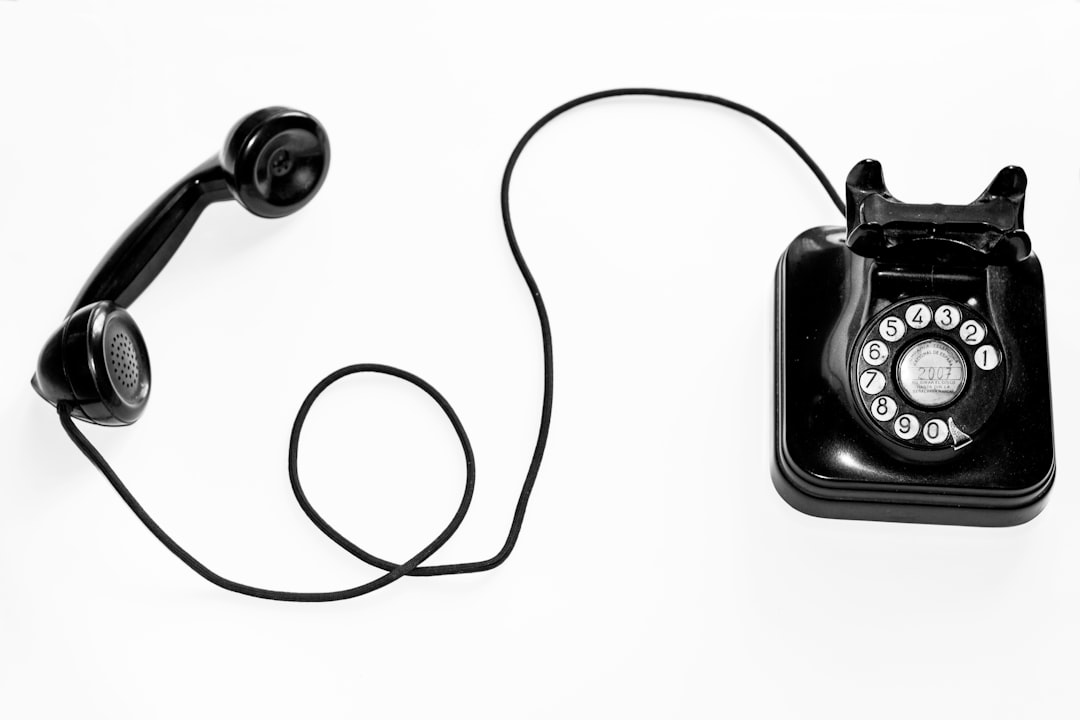
Protecting yourself from phone scams involves being vigilant and practicing good safety measures. One effective tip is to never provide personal or financial information over the phone unless you have initiated the call and are certain of the recipient’s identity. Be wary of unexpected calls claiming to be from legal entities, such as Do not call lawyers Iowa or Do not call attorney Iowa. Legitimate law firms and attorneys will not pressure you into making immediate decisions or threaten consequences for non-compliance.
Another crucial tip is to verify the source independently. If you receive a suspicious call, hang up and contact the organization directly using a verified number from their official website. Check with your local Do not call law firm Iowa registry or consumer protection agency for resources on reporting scam calls and staying informed about common scams targeting residents of Coralville.
Legal Recourse: What to Do If You've Fallen Victim to a Scam
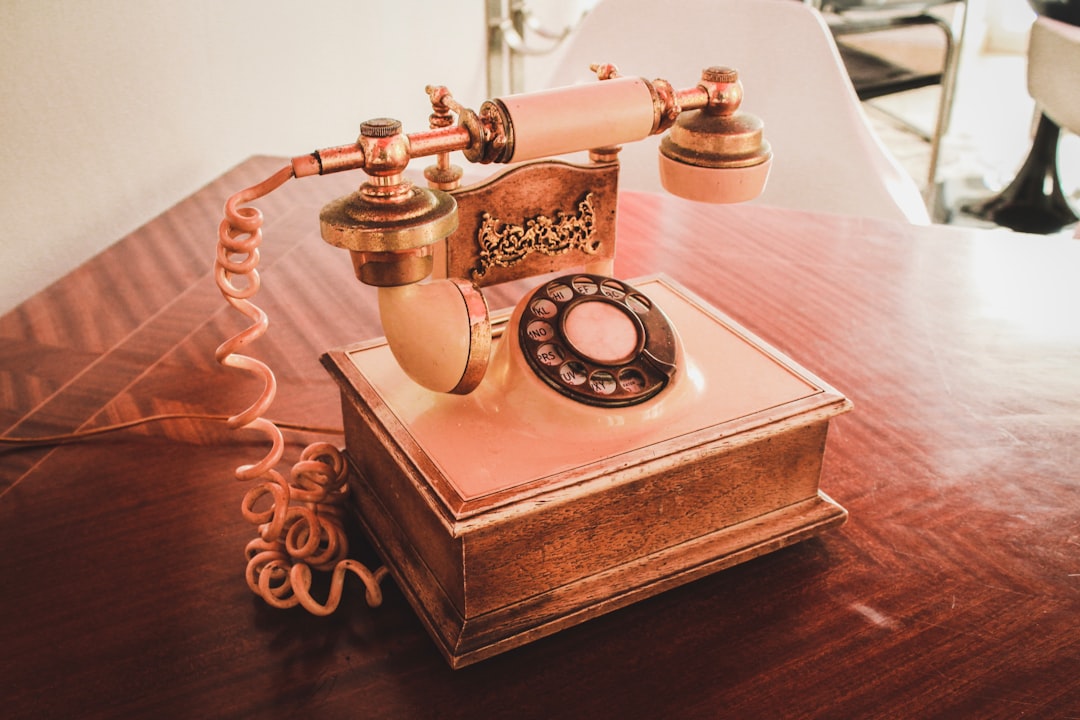
If you’ve fallen victim to a phone scam in Coralville, it’s important to know that legal recourse is available. The first step is to hang up immediately and do not call back any suspicious numbers. Contacting a lawyer or law firm can be overwhelming, so seek professional advice from a legal expert specializing in scam cases. In Iowa, you can reach out to trusted organizations like the Iowa Attorney General’s Office for guidance on next steps.
Document all interactions with the scammers, including dates, times, and any recorded conversations. This evidence is crucial when filing a report or taking legal action. Avoid sharing personal or financial information under any circumstances. Remember, legitimate organizations will not ask for sensitive details over the phone. Consider blocking the caller’s number and report it to your local law enforcement agency for further investigation.
Resources and Support: Staying Informed in Coralville and Beyond

In Coralville and beyond, staying informed is a crucial first step in protecting yourself from phone scams. The city’s official website, local news outlets, and consumer protection agencies like the Federal Trade Commission (FTC) regularly share updates on emerging scams. Following these trusted sources keeps you aware of common tactics used by scammers, such as impersonating government agencies, legal professionals, or financial institutions. Resources like the Do Not Call Registry in Iowa are also vital; registering your phone number can help prevent unwanted calls from telemarketers and known scammers.
For specific support regarding suspected scams involving lawyers or law firms, residents of Coralville should note that there are dedicated hotlines and reporting mechanisms available. Instead of engaging with suspicious calls, consider reaching out to trusted legal resources within the state. Remember, if you ever receive a call asking you to hire a lawyer immediately or threatening legal action, it’s advisable not to call back any number provided during such interactions. Instead, verify the legitimacy of the situation through independent means, like contacting your local bar association or consulting official government websites.

